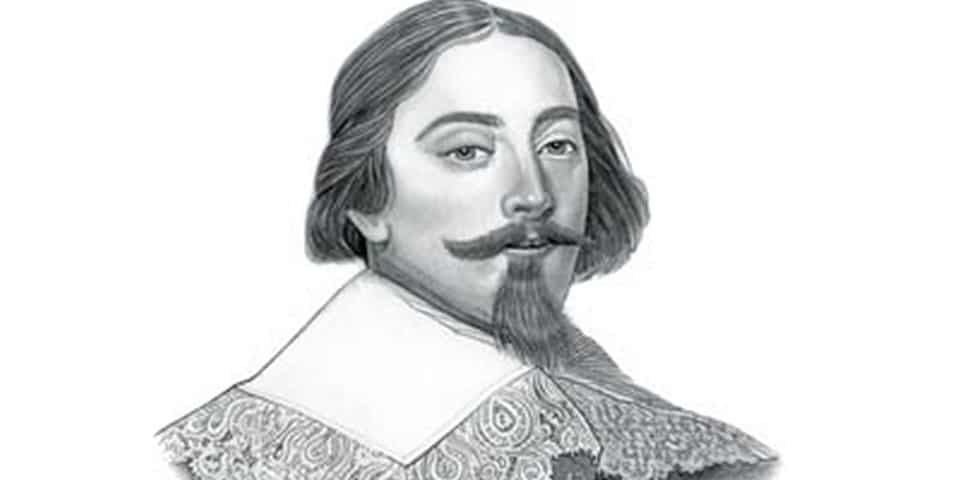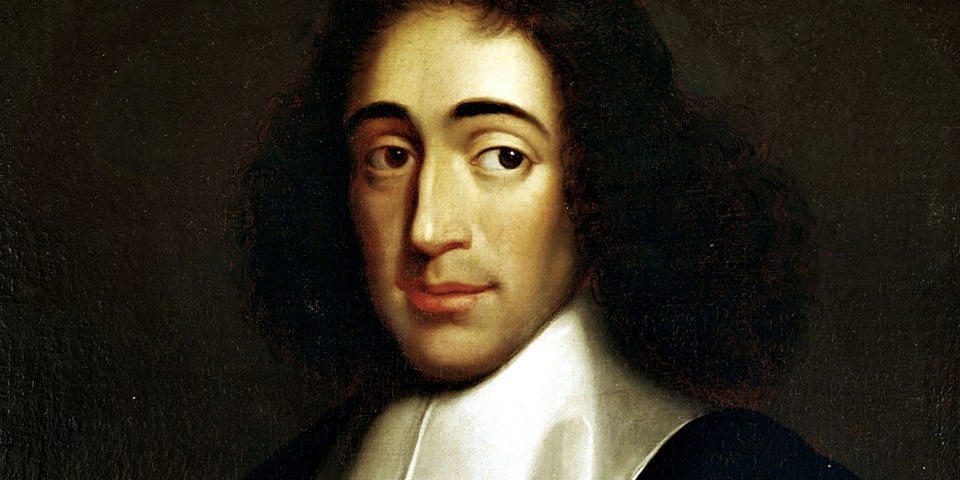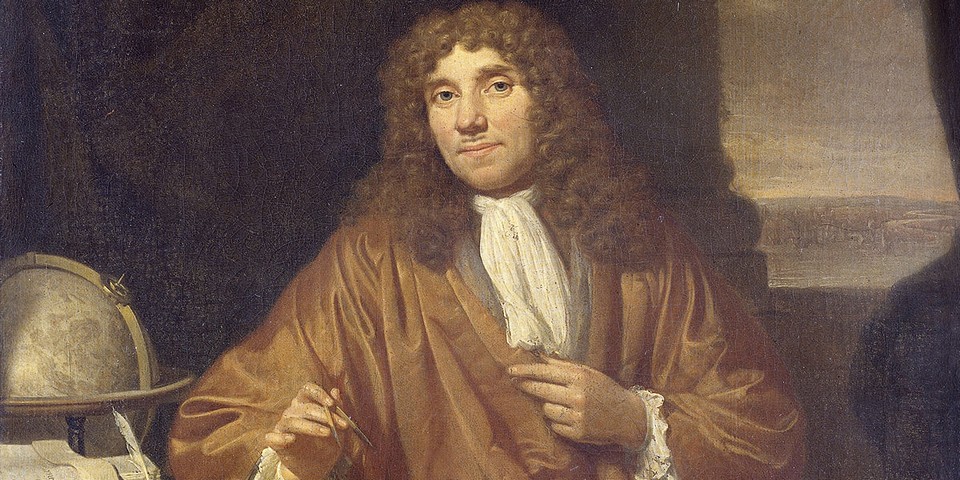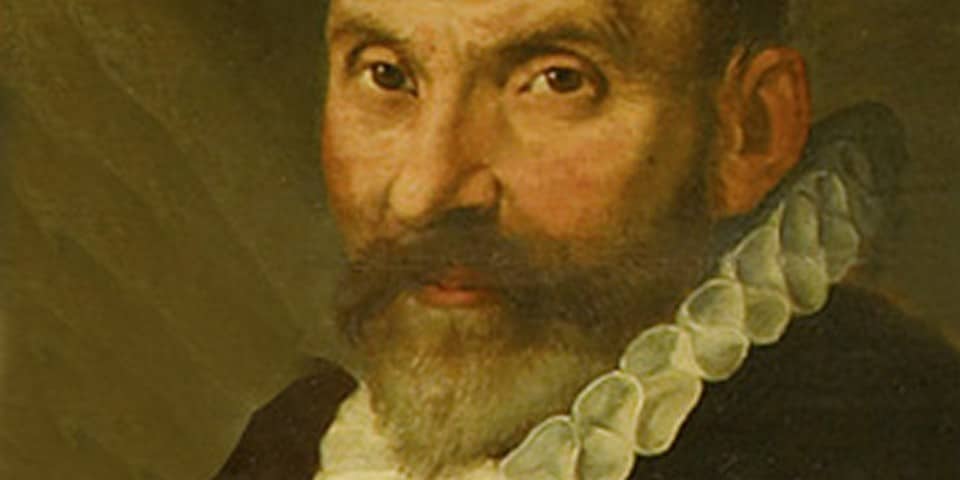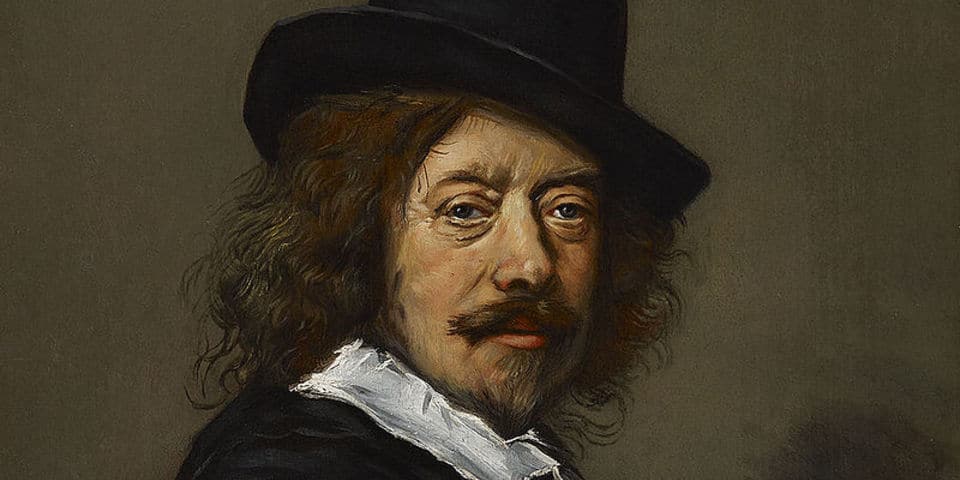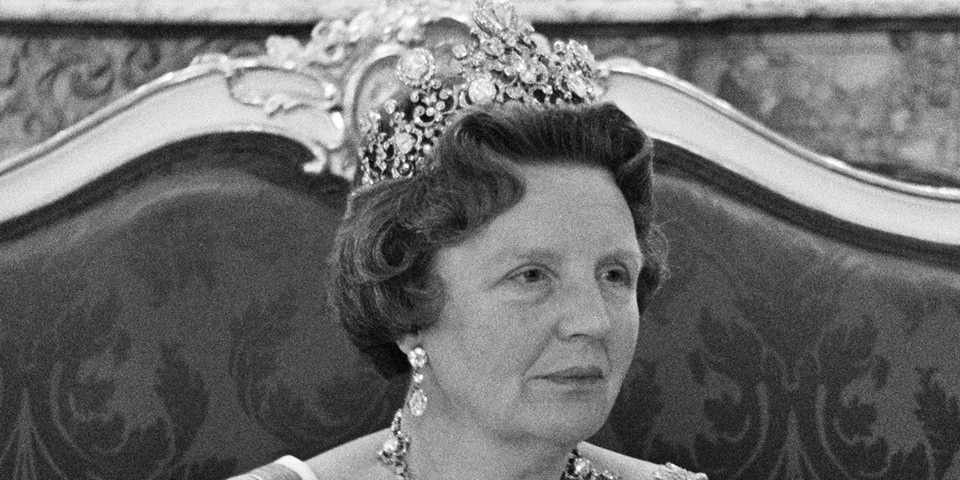Hugo Grotius is the Latin version of the first and last name of the Dutch politician, jurist and writer Hugo de Groot.
Biography
Hugo de Grout was born on April 10, 1583 in the city Delft (Delft) in the family of wealthy and highly educated Jan de Groot and Alida van Overschie. It is known that Hugo's paternal grandfather came from German nobles, the Dutch grandmother, who bore the surname Groot, was from Frankfurt am Main, and his father had the opportunity to graduate from the university in Leiden (Leiden).
From infancy, the father raised his son as a humanist, introduced him to the sciences. By the age of 8, Hugo knew Aristotle's books and learned to compose poems in Latin. He follows in his father's footsteps and enters Leiden University at the age of 11. The opportunity to become a student at such a young age was due to the fact that the rector was Hugo's uncle, Cornelis Groot. Hugo amazed teachers and fellow students with his deep knowledge.
After graduating in 1598, the 15-year-old Hugo goes to the distinguished official and diplomat Johan van Oldenbarnevelt as his personal secretary and accompanies him on a trip to France. There he attended a meeting with Henry IV, impressed him with his intellectual abilities and outlook and earned the nickname "The Miracle of Holland". During this visit, the University of Orleans awarded him the title of Doctor of Jurisprudence.
Upon his return to the Netherlands, Hugo begins to practice law and at the same time is engaged in scientific research.
Returning to his homeland, he took up advocacy, sometimes speaking in the academic field. Scientific works include the preparation for publication of the text with extensive commentary and the publication of the book by Martian Kapel "Satiricon". At the same time, he writes tragedies in Latin, imitating the ancient authors. In 1599, Hugo Grotius was appointed a lawyer in The Hague, and since 1601 - the state historiographer of the Netherlands.
Hugo Grotius was respected by the diplomat Johann van Oldenbarnevelt, quickly rose through the ranks, receiving in 1605 the appointment of a personal adviser to Oldenbarnevelt. The next posts are attorney general-treasurer of the Netherlands and their colonial possessions. In 1613, Hugo was appointed mayor of Rotterdam.
Career success is accompanied by a happy personal life. He married in 1608 with Maria van Reigersberg. They had 8 children, four of them died in childhood. His wife supported him in difficult years, was the support of the whole family.
International law
The study of international law attracted Grotius before, but he has been seriously researching it since 1604when he began to take part in court hearings on charges of the Dutch merchants seizing a ship belonging to Portugal.
This situation arose due to the hostile relations between Spain, which included Portugal, and Holland. Although attacks on foreign ships were banned by the East India Trading Company, in 1603, the Dutch, under the command of Jacob Van Heemskerk, captured the Portuguese ship Santa Catarina, laden with precious Chinese china. The porcelain was brought to Amsterdam and sold at auction for a whopping sum of money. The Portuguese authorities demanded damages. This situation provoked an international conflict.
Hugo Grotius was appointed as the Dutch defender.
Natural law theory
A young lawyer writes a scientific work "About the Indies" ("De Indis"), based on the theoretical provisions of natural law violated by the Portuguese side. Grotius says that the sea is a common territory, and any country can use the resources within it, so it is not a crime to rob one ship by another.
Grotius's views caused heated international controversy: for example, England argued that the sea should be divided as well as land, and therefore the sea area around the British islands should be strictly under the control of England.
During his lifetime, the full text of the work was not published, it was found by chance after the death of the thinker in 1864 and only then published under the title "Comments on the right of extraction" ("De Jure Praedae commentarius").
Grotius also delves into the philosophy of military action, analyzing its causes.
Philosophy
Hugo found himself involved in a philosophical and religious controversy, which was very sharp among representatives of various Protestant movements in the Netherlands.
The leader of this controversy was the Leiden theologian Jacob Arminius, whose ideas were formulated in his posthumously published book Objection (Remonstration) in 1610. One of her central ideas is the denial of divine predestination and the proclamation of free will. Hence the calls for respect for different religions, for the free choice of faith and protest against the forcible implantation of one faith or another. Arminius' ideas were supported by Johan van Oldenbarnevelt, Hugo Grotius and many other influential persons.
The authorities in Holland, among whom Oldenbarnevelt was then the leader, did not persecute the followers of Arminius, but Hugo Grotius was instructed to write the text of the edict clarifying the position of the state.
In 1613 Grotius published a book on the Church and the State.
Grotius in it argued that for the stable existence of the state, faith in God is necessary, but at the same time it is not essential which particular system of religious beliefs a particular citizen shares. However, the edict did not produce a conciliatory effect, but led to the emergence of armed conflicts, which were settled by the state troops. In 1618, the teachings of Arminianism were criticized as heretical at a meeting of the Synod in Dordrecht. Oldenbarnevelt was tried and executed, and Grotius was imprisoned in the citadel of Het loevestein on the Maas without the possibility of pardon.
In 1621, Grotius, thanks to the ingenuity of his wife, escapes from the dungeon, hiding in a box with his personal library, disguises himself as a poor stonemason, crosses the border with France, goes to Paris to ask for protection and help. Louis XIII personally appoints Grotius a monetary allowance. In the future, his most famous works will be written in the capital of France.
Philosophical and legal concept
During the Parisian period of his life, Grotius continues to work on the book "On the Truth of the Christian Religion" ("Bewijs van den waren Godsdienst"). In Holland, its initial parts were printed in Dutch in 1622, and in Latin in 1627. This book made the author famous not only as a deep thinker, but also as a master of artistic words and a poet.
Labor "On the Law of War and Peace"
Grotius was fascinated by the issues raised in the work "On the Indies". While still in prison, he began, and in 1625 finished the manuscript "On the Law of War and Peace" ("De jure belli ac pacis"). He vehemently protested against clashes between countries, for which there are often insignificant reasons and excuses.
He reveals his views, relying on the ideas of his predecessors - the ideologists of international law of the 16th century, professors of the University of Salamanca, whom he calls his teachers and mentors:
- Francisco de Vittoria;
- Francisco Suarez.
His work, published under the final title "Three books on the law of war and peace" ("De jure belli ac pacis libri tres"), Grotius dedicated to Louis XIII.
Political and legal doctrine
The work "Three Books on the Law of War and Peace" is entirely based on the ideas of natural law, the observance of which is mandatory for all mankind:
- In Part I, the philosopher analyzes the causes of wars, reflecting on natural and military justice, dividing all large and small armed conflicts into just and unjust;
- In Part II, Grotius identifies just reasons for unleashing hostilities, including the need for self-defense, compensation for damage caused and punishment for unjust actions;
- In Part III, the thinker proposes rules for waging wars and ways to end wars on Earth.
The book became so popular that over the course of 150 years it was translated into several European languages and published 77 times in French, German, English, Spanish, etc.
Lawyers of subsequent centuries rely on the ideas set forth by Grotius.
Quotes
- I am sure that it is necessary to respect the rights of peoples during military conflicts and in peacetime ...
- It horrifies me that in the Christian world weapons are used for the slightest reason and people do not remember about respect for each other and for God ...
- Disrespect for law, God and man, like madness, pushes a person to unleash international armed conflicts ...
Diplomatic service
Grotius really wanted to return to the Netherlands, but he was refused, since he did not renounce his convictions, which were the reason for the arrest, and did not publicly admit that he was wrong. Therefore, having arrived in Rotterdam in 1631, he has not the slightest chance of staying in his native land and goes to Hamburg, then from 1634 to 1645 he serves as the Swedish envoy to France.
In 1645 he went to Stockholm to resign and on his way back got caught in a storm in the Baltic Sea. Grotius was washed ashore near the city of Rostock, where he died on 28 August 1645.
The famous jurist and philosopher was buried in the New Church (Nieuwe Kerk) in his hometown of Delft.
Major achievements
Grotius is called the founder of the contractual theory of the origin of the state, which is an alliance made of good will in the name of the common good and non-violation of universal rights, in the name of tranquility and peaceful existence. The task of the state power is to control the non-violation of these rights and to protect civil rights and freedoms.
The highest form of power is sovereignty, when only he or his successor can change the will of the ruler.
Grotius' ideas entered the wording of the Charter of the United Nations and are still relevant in international politics and in the activities of world organizations, in the development of agreements between states and other normative legal acts.
The Hugo Grotius International Prize was established, an award presented by International Law magazine, the Embassy of the Kingdom of the Netherlands in Russia and the UN Information Center in Moscow for services in international politics and in the preservation of peace.



